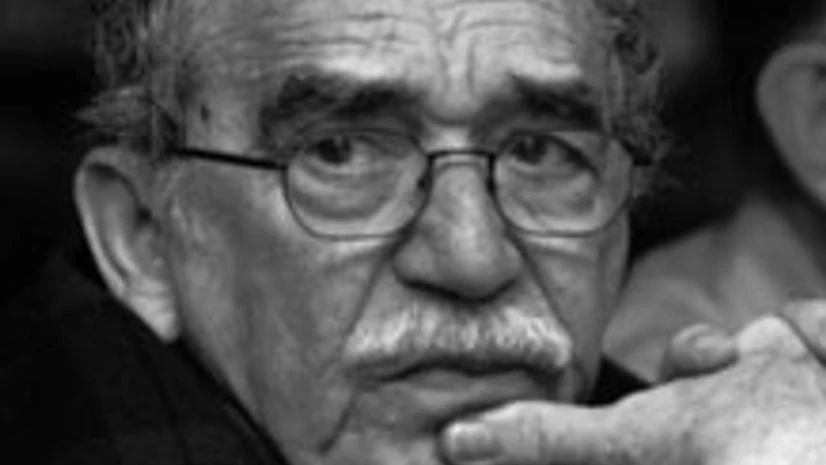Gabriel Garcia Marquez, the Nobel laureate whose intoxicating novels and short stories exposed millions outside Latin America to its passions, superstition, violence and social inequality, has died at home in Mexico City. He was 87.
Widely considered the most popular Spanish-language writer since Miguel de Cervantes in the 17th century, the Colombian-born Garcia Marquez achieved literary celebrity that spawned comparisons to Mark Twain and Charles Dickens.
His flamboyant and melancholy fictional works - among them "Chronicle of a Death Foretold", "Love in the Time of Cholera" and "Autumn of the Patriarch" - outsold everything published in Spanish except the Bible.
More From This Section
His stories made him literature's best-known practitioner of magical realism, the fictional blending of the everyday with fantastical elements such as a boy born with a pig's tail and a man trailed by a cloud of yellow butterflies.
The Mexican government said Garcia Marquez died at 2 PM on Thursday. A gray hearse escorted by dozens of police officers in patrol cars and on motorcycles left the author's home about three hours later.
"A thousand years of solitude and sadness because of the death of the greatest Colombian of all time!" Colombian President Juan Manuel Santos said on Twitter. "Solidarity and condolences to his wife and family ... Such giants never die."
The first sentence of One Hundred Years of Solitude has become one of the most famous opening lines of all time: "Many years later, as he faced the firing squad, Colonel Aureliano Buendia was to remember that distant afternoon when his father took him to discover ice."
Biographer Gerald Martin told The Associated Press that the novel was the first in which "Latin Americans recognized themselves, that defined them, celebrated their passion, their intensity, their spirituality and superstition, their grand propensity for failure."
Dozens of journalists camped outside the author's colonial red-brick home in a wealthy neighborhood, swarming the slow trickle of friends who came to pay respects. Three women dressed in black went inside the house separately. Loud crying could be heard from inside.
His family said late Thursday, in a statement read by a Mexican cultural official, that Garcia Marquez's remains would be cremated and a private ceremony held at an unspecific time. The Mexican government said it would hold a memorial to Garcia Marquez on Monday in the Art Deco Palace of Fine Arts in the capitol's historic center.
When he accepted the Nobel prize for literature in 1982, Garcia Marquez described Latin America as a "source of insatiable creativity, full of sorrow and beauty, of which this roving and nostalgic Colombian is but one cipher more, singled out by fortune."
Like many Latin American writers, he transcended the world of letters. Widely known as "Gabo," he became a hero to the left as an early ally of Cuban leader Fidel Castro and a critic of the US' violent interventions from Vietnam to Chile.
"The world has lost one of its greatest visionary writers - and one of my favorites from the time I was young," US President Barack Obama said.

)
